The Chinese Embassy in the Philippines has urged the U.S. administration and some of its allies to stop provoking confrontation in the South China Sea and demanded the Philippine authorities to observe bilateral arrangement with China.
The embassy issued an official statement on Aug 20 after two Philippine coast guard vessels, without permission from the Chinese authorities, on Aug 19 intruded into the adjacent waters of Xianbin Reef of China's Nansha Qundao in disregard of China Coast Guard's dissuasion and warning.
Video clips released by the Chinese side showed clearly that the Philippine coast guard acted dangerously by making a rather sharp turn and deliberately ramming the China Coast Guard vessel that was carrying out law enforcement operation. Some Western representatives were seen on board Philippine vessels using video and photography equipment.
Yet on the day of the collision, a press statement by U.S. Principal Deputy Spokesperson Vedant Patel of the U.S. State Department wrongly accused that "PRC ships employed reckless maneuvers, deliberately colliding with two Philippine Coast Guard ships". It went on to reaffirm that "Article IV of the 1951 U.S.-Philippines Mutual Defense Treaty extends to armed attacks on Philippine armed forces, public vessels, or aircraft – including those of its Coast Guard – anywhere in the South China Sea."
In the meantime, embassies of the U.S. and some of its allies in the Philippines wasted no time in taking sides and making inflammatory statements, which raises questions about their underlying motives.
The Chinese embassy raised a series of questions for representatives of the United States and some of its allies. "On what factual basis and 'concrete evidence' are their stance and their accusations against China founded? How did they so swiftly determine right from wrong? Are they self-appointed judges and juries?"
As the U.S. and some other countries unabashedly claim to uphold a "rules-based order", the Chinese statement noted that, after 22 years of repeated practice, the Declaration on the Conduct of Parties in the South China Sea (DOC) has become an internationally recognized and integral part of the legal order in the South China Sea.
"This is an undeniable fact—are they not aware of this?" said the statement referring to U.S. and its allies.
The embassy cited that under Article 5 of the DOC, parties must exercise self-restraint in the conduct of activities that would complicate or escalate disputes and affect peace and stability.
It asked further: "As an uninhabited reef, Xianbin Reef should remain unoccupied and without facilities - are they not aware of this? And if they genuinely care about peace and stability in the South China Sea, why do they persist in sowing discord and fueling tensions?"
"The U.S. side and its allies should stop provoking confrontation in the South China Sea and cease actions that undermine regional stability and exacerbate tensions," the statement said.
The U.S. and other countries who aren't parties to the South China Sea issue have no right to interfere in maritime matters between China and the Philippines.
The embassy said that China is committed to handling maritime disputes with the Philippines through dialogue and consultation.
"We hope the Philippines will honor its commitment, earnestly observe the understandings and arrangement reached with China, refrain from taking actions that may complicate the situation, and work with China to get the situation at sea under control," the embassy said in the statement.















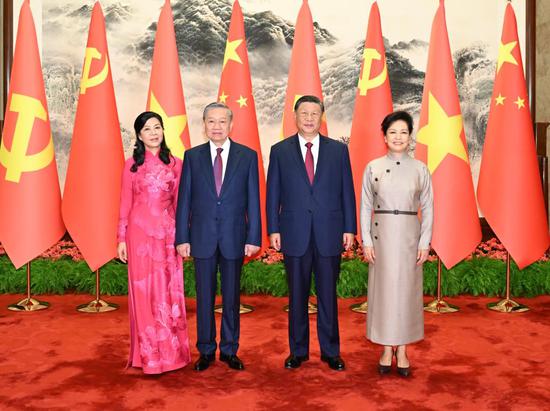


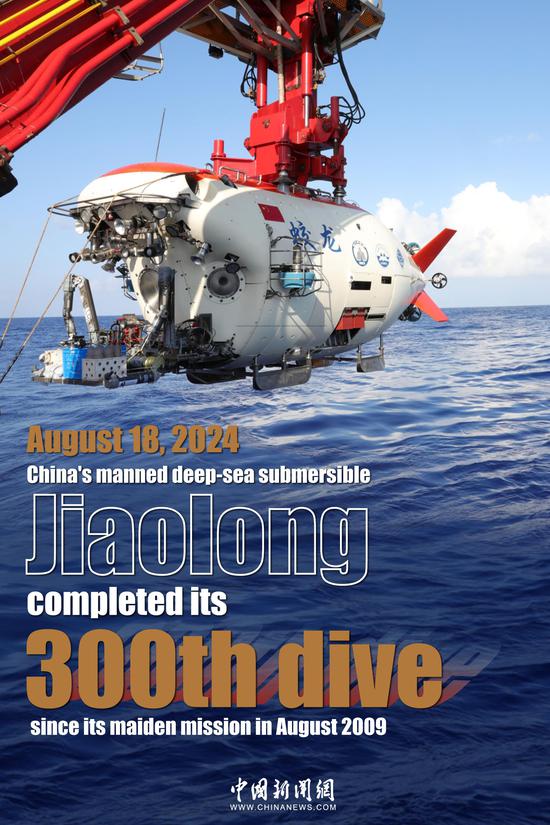


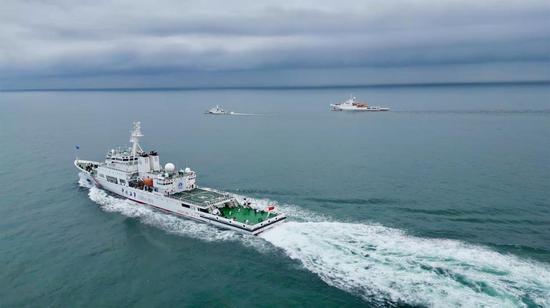

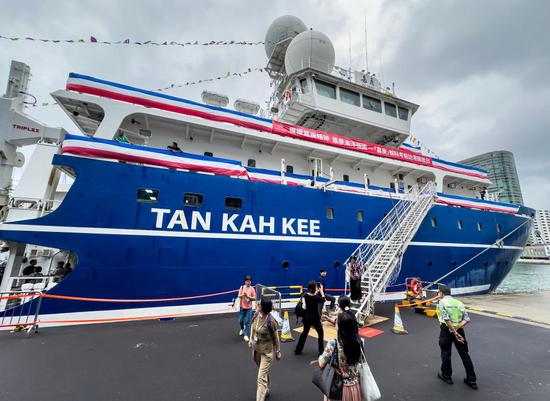

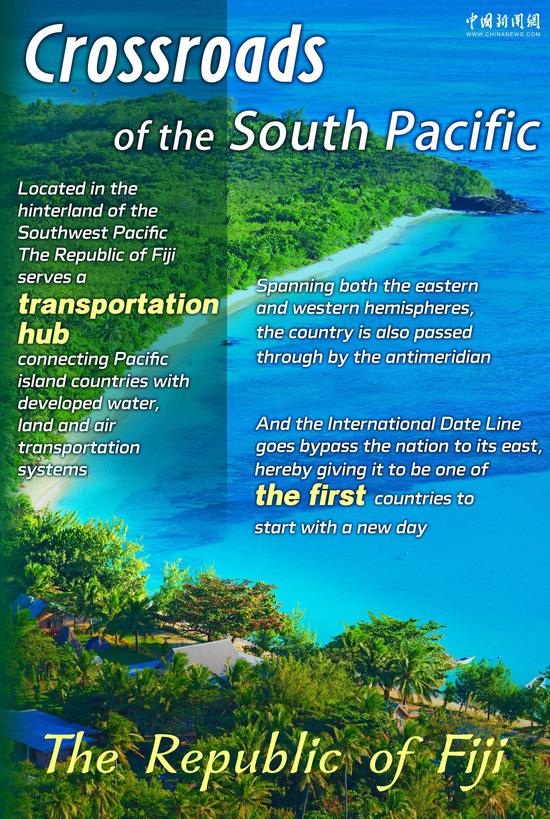








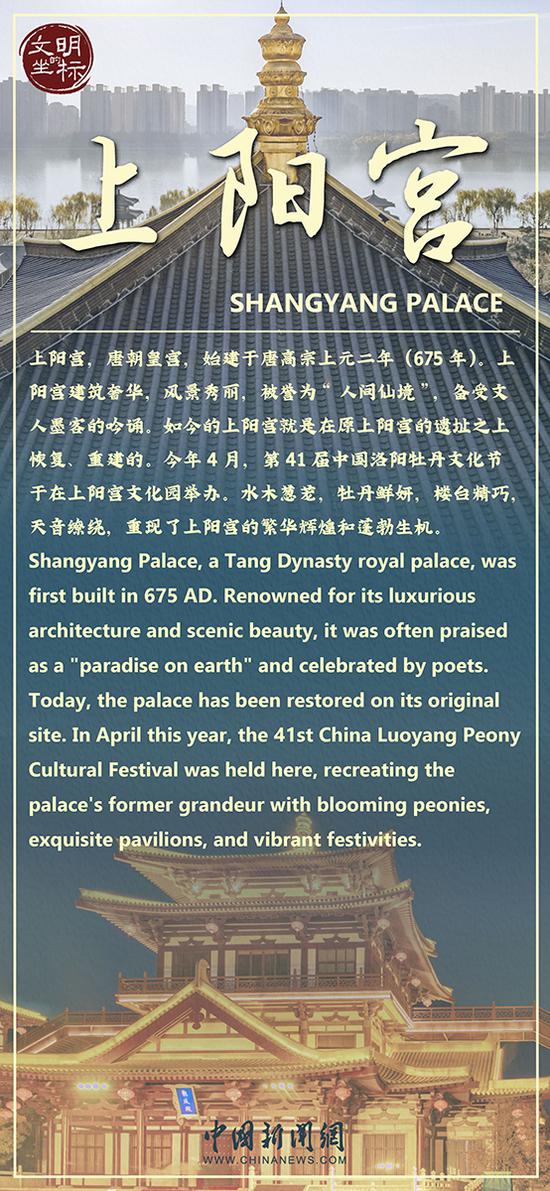













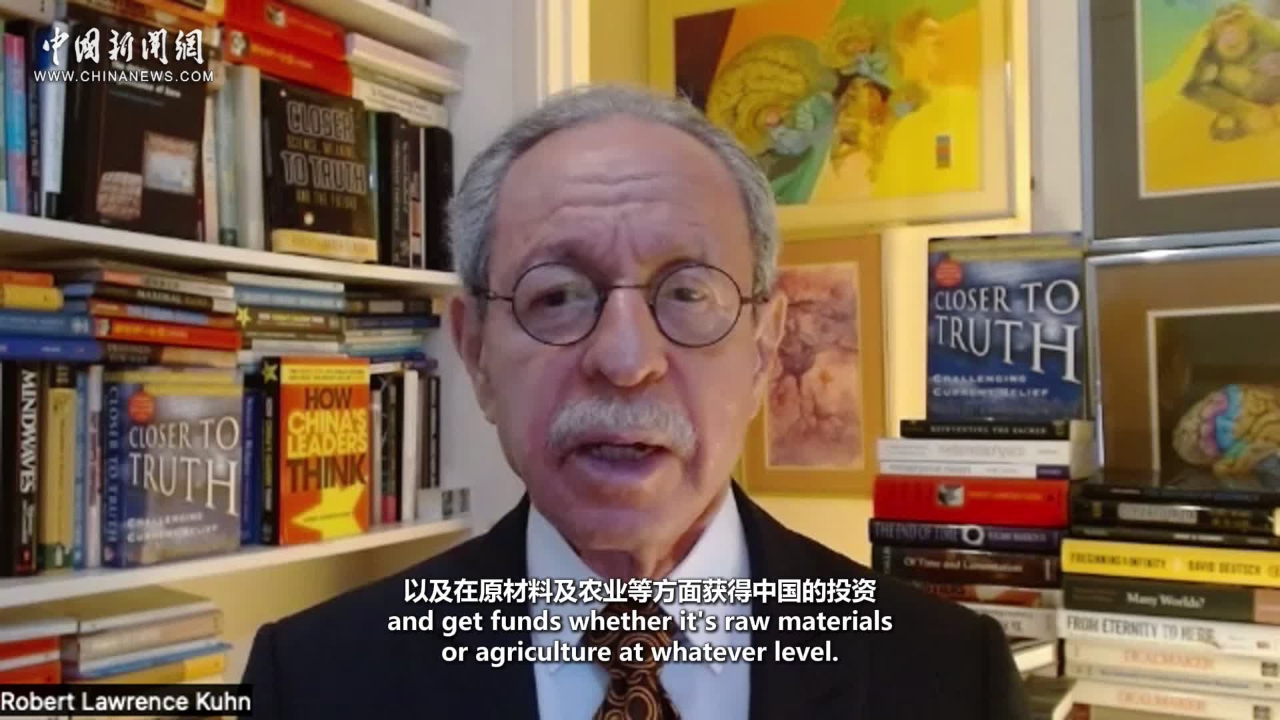

 京公网安备 11010202009201号
京公网安备 11010202009201号